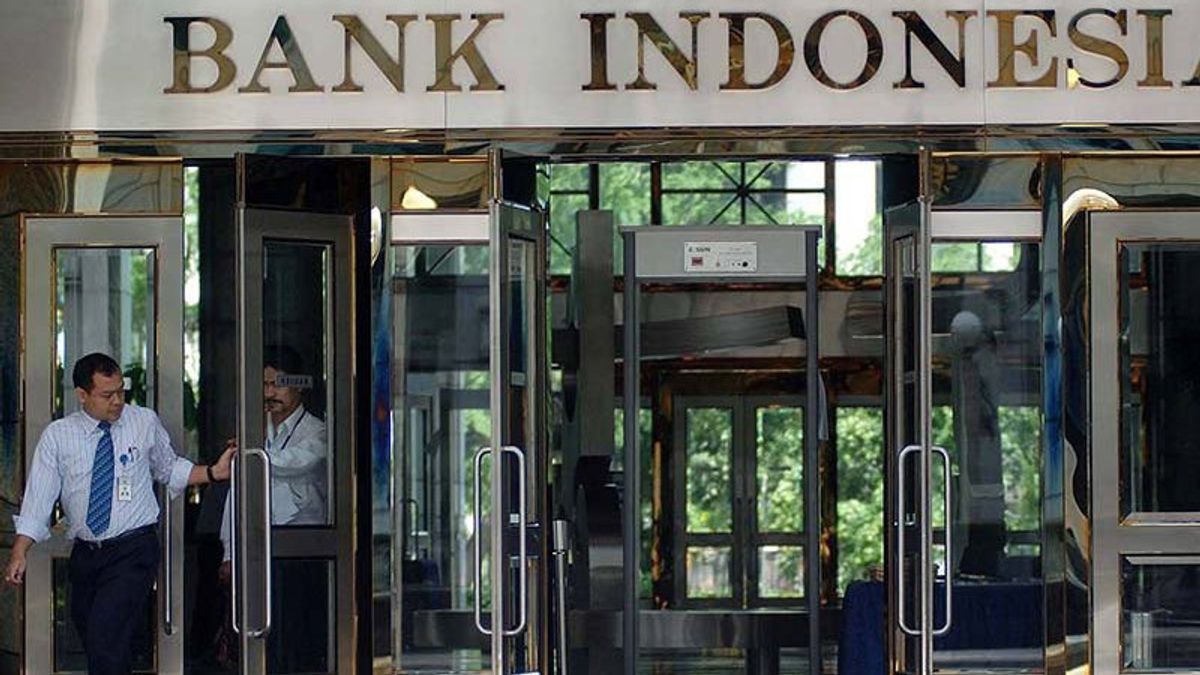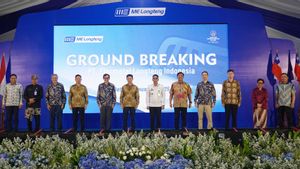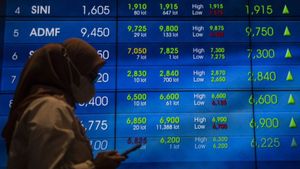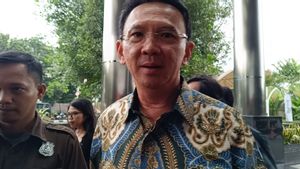JAKARTA Bank Indonesia (BI) positively welcomes the achievement of 5.31 percent economic growth that occurred throughout 2022.
Head of the BI Communication Department Erwin Haryono said that this figure increased compared to the previous year's achievement of 3.70 percent.
"Indonesia's economic growth remains strong, where in the fourth quarter of 2022 Indonesia's economic growth was recorded to remain high at 5.01 percent yoy, amid global economic growth which is in a slowing trend," he said when giving a press statement quoted on Tuesday, February 7.
According to Erwin, strong economic growth is supported by almost all components of GDP in terms of expenditure. Household consumption grew by 4.48 percent.
"This is in line with increasing community mobility, including activities to celebrate the National Religious Holidays (HBKN) of Christmas and New Year, as well as continuing the distribution of social assistance," he said.
Erwin added that exports continued to grow by 14.93 percent, driven by the strong demand for key trading partners.
He said, non-construction investment growth also remains high in line with export performance, although overall investment growth was slightly restrained at 3.33 percent due to low building investment.
Meanwhile, Government consumption contracted 4.77 percent which was more influenced by the decline in spending on goods for Covid-19 Handling and National Economic Recovery (PC-PEN) in line with the improving pandemic conditions.
Meanwhile, the Business Field (LU) also shows positive performance, mainly supported by the processing, wholesale and retail trade industry, as well as information and communication.
Spatially, economic growth in the fourth quarter of 2022 is recorded to remain strong throughout Indonesia, although some areas have slowed down. The highest economic growth was recorded in the Sulawesi-Maluku-Papua (Sulampua) region, followed by Bali-Nusa Tenggara (Bali Nusra), Kalimantan, Sumatra, and Java.
"In the future, economic growth in 2023 is estimated to remain strong in the range of 4.5-5.3 percent driven by increased domestic demand, both household consumption and investment," he added.
"This forecast is in line with the increase in community mobility after the elimination of the Policy for the Implementation of Community Activity Restrictions (PPKM), improving business prospects, increasing foreign investment inflows (PMA), and continuing the completion of the National Strategic Project (PSN)," Erwin concluded.
The English, Chinese, Japanese, Arabic, and French versions are automatically generated by the AI. So there may still be inaccuracies in translating, please always see Indonesian as our main language. (system supported by DigitalSiber.id)













